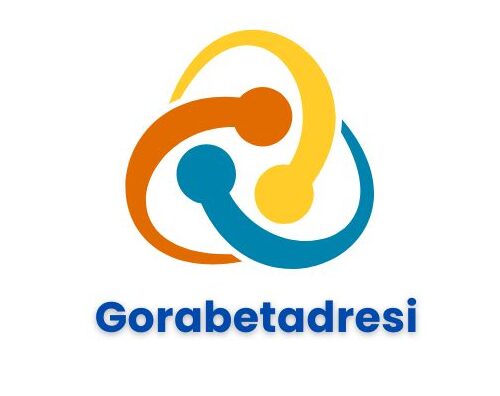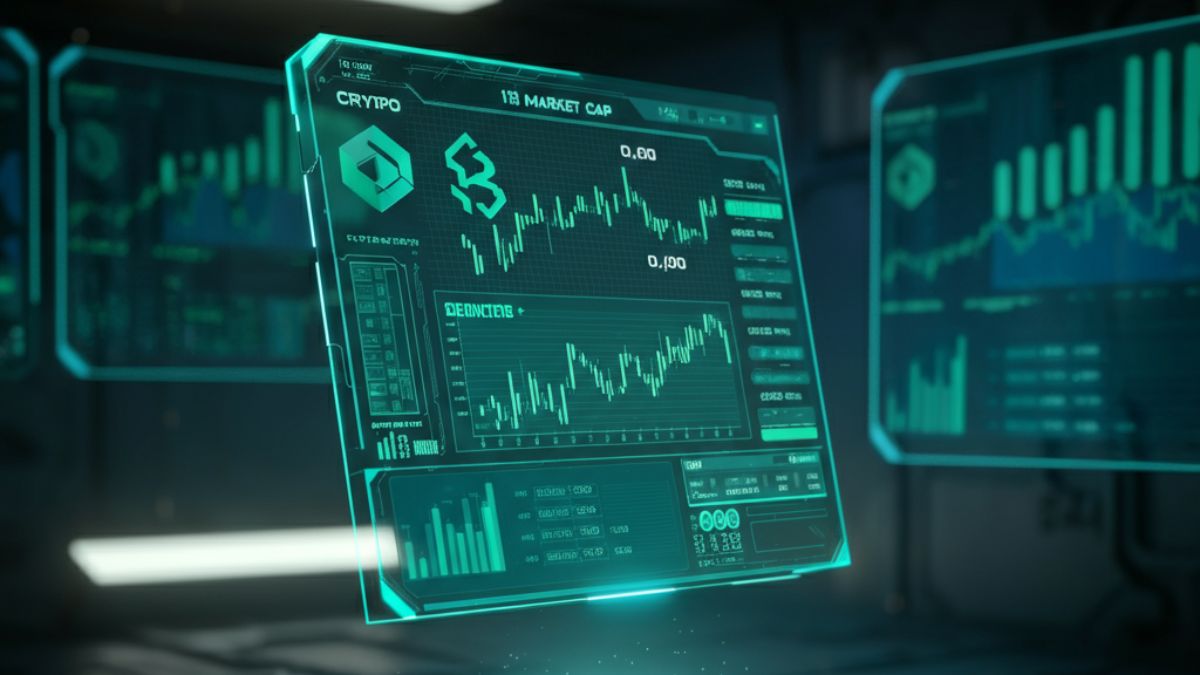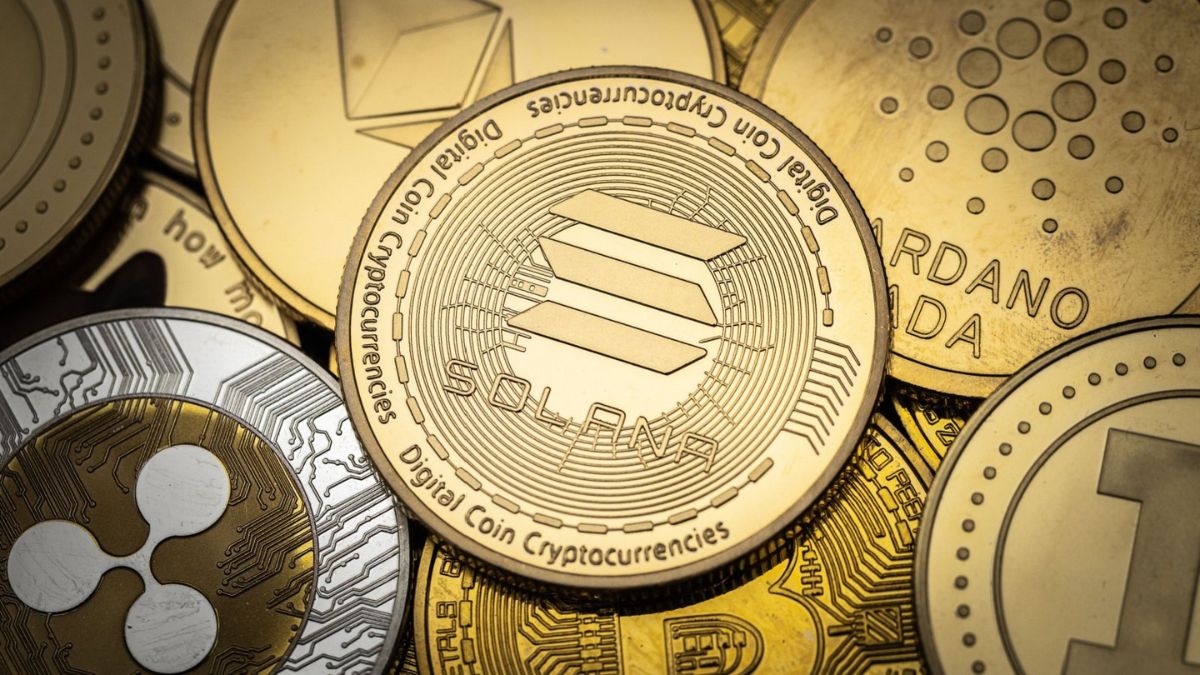Cryptocurrencies continue to be a hot topic in the world of finance, and for good reason. The crypto market is fast, volatile, and full of opportunities—making it both enticing and confusing for new investors. If you’re looking to gauge the health and potential of a cryptocurrency, one of the most critical tools at your disposal is the crypto market cap calculator.
This blog will break down what a crypto market cap calculator is, why it’s essential, how to use one effectively, and what it tells you about your investments. Whether you’re new to crypto or an experienced trader, understanding market cap can help you make smarter investment decisions.
What Is a Crypto Market Cap Calculator?
The crypto market cap calculator is a tool used to measure the total market value of a cryptocurrency. Market capitalization, or “market cap,” represents the total worth of all the coins or tokens currently in circulation for a particular cryptocurrency.
Here’s the formula for calculating it:
Market Cap = Current Price of a Cryptocurrency × Circulating Supply
For example, if a cryptocurrency has 10 million tokens in circulation, and each token is worth $5, the market cap will be:
10,000,000 (tokens) × $5 (value) = $50 million
It’s that simple. This calculation allows investors to grasp the relative size and importance of a cryptocurrency project in the broader market.
Why Is Market Cap Important in Cryptocurrency?
1. It Helps You Compare Cryptocurrencies
Market cap is a great metric for comparing cryptocurrencies with one another. While a coin’s price might make it appear valuable, its overall market cap provides a more accurate picture of its value within the market.
For example:
- Cryptocurrency A has a price of $0.50 per token but a market cap of $5 billion.
- Cryptocurrency B has a price of $10 per token but a market cap of $500 million.
Here, despite Cryptocurrency B having a higher token price, Cryptocurrency A is more “valuable” overall because of its significantly larger market cap.
2. It Gauges Risk Levels
Market cap can indicate the relative risk of investing in a cryptocurrency. Coins are often divided into three broad categories based on market capitalization:
- Large Cap Coins (Market cap above $10 billion): Typically more stable and established (e.g., Bitcoin, Ethereum). These carry less risk but may offer slower growth.
- Mid Cap Coins ($1–$10 billion): Represent a balance between potential growth and manageable risk.
- Small Cap Coins (Below $1 billion): These are high-risk, high-reward cryptocurrencies that can yield significant gains but are more likely to fail.
3. It Assesses Market Dominance
Want to know how much of the crypto market a coin commands? Look at its market dominance. Bitcoin, for instance, consistently has the largest market dominance, accounting for around 40–50% of the total crypto market’s value.
By using market cap, investors can judge whether a cryptocurrency has significant influence within the overall market or if it’s a lesser-known contender.
4. It Offers Investment Insights
Market caps also hint at the potential of a cryptocurrency. Smaller-cap coins may have room to grow, but they also carry a higher risk of instability. Conversely, large-cap coins might be safer investments but may not see exponential growth.
How to Use a Crypto Market Cap Calculator (Step-by-Step)
Step 1: Gather Necessary Data
To calculate the market cap, you’ll need two pieces of information:
- The current price of the cryptocurrency (typically available on exchanges such as Coinbase, Binance, or Kraken).
- The circulating supply of the cryptocurrency, which represents the total number of tokens that are currently in circulation.
This data is easily accessible on platforms like CoinMarketCap or CoinGecko.
Step 2: Input the Data Into the Calculator
Use a crypto market cap calculator (most are online tools, often free to use). Simply input the current price and the circulating supply into the fields, and the calculator will automatically compute the market cap for you.
Step 3: Interpret the Results
Once you have the market cap value:
- Compare it with other cryptocurrencies.
- Check whether the coin falls under the large, medium, or small cap category.
- Assess its investment potential based on your own risk tolerance and portfolio goals.
Real-World Examples of Market Cap in Crypto
1. Bitcoin (BTC)
Current price (as of this writing): ~$27,000
Circulating supply: ~19 million Bitcoin
By applying our formula:
$27,000 × 19,000,000 = $513 billion
This makes Bitcoin the largest cryptocurrency by market cap today.
2. Shiba Inu (SHIB)
Current price (as of this writing): ~$0.0000072
Circulating supply: ~589 trillion SHIB
Using the formula:
$0.0000072 × 589,000,000,000,000 = $4.24 billion
Though tiny in price, Shiba Inu has a substantial market cap due to its enormous circulating supply.
Limitations of Market Cap in Crypto
While market cap is a helpful tool, it isn’t perfect. Here are a few limitations to be aware of:
- Can Be Manipulated: Some cryptocurrencies inflate their circulating supply or use questionable practices to artificially increase their market cap. Always double-check data reliability.
- Doesn’t Reflect Project Fundamentals: A high market cap doesn’t necessarily mean a coin is a good investment. You’ll need to evaluate its team, technology, and community support.
- Price Volatility: Since crypto prices often fluctuate dramatically, market cap values can change quickly, sometimes within hours.
Using Market Cap Strategically (Tips for Investors)
- Diversify Your Portfolio
While large-cap cryptocurrencies like Bitcoin and Ethereum are more stable, consider allocating a small portion of your portfolio to mid-cap and small-cap coins for higher growth potential.
- Monitor Market Trends
Keep track of cryptocurrency rankings by market cap. A rapidly growing market cap could indicate increasing adoption or interest in a particular project.
- Consider Market Cap in Context
Even if two cryptocurrencies have similar market caps, their underlying projects may serve entirely different purposes (e.g., a decentralized finance token versus a gaming token). Always consider the project’s actual use case alongside its market cap.
- Use Advanced Analytics Tools
Platforms like Token Terminal and Nansen can add layers of insights to your market cap calculations by including data points like developer activity, transaction volume, and network growth.
Why Every Crypto Investor Should Understand Market Cap
Market cap is one of the most fundamental metrics in the cryptocurrency space. It offers a window into a coin’s size, potential, and risk level—helping investors make more informed decisions. Whether you’re a seasoned trader or just testing the waters, understanding market cap is essential for navigating the exciting (and sometimes chaotic) world of cryptocurrency.
If you’re ready to start calculating crypto market caps with ease and explore other powerful crypto tools, check out our platform for free. Sign up today and bring clarity to your crypto investments!
FAQs
1. What is a crypto market cap?
A crypto market cap, or cryptocurrency market capitalization, is the total value of a cryptocurrency. It’s calculated by multiplying the current price of a coin by its circulating supply.
2. Why is market cap important in crypto investing?
Market cap helps investors gauge the size and stability of a cryptocurrency. Higher market cap coins are often considered more stable investments, while lower market cap coins may offer higher risk and potential rewards.
3. How do I calculate the market cap of a cryptocurrency?
To calculate market cap, simply multiply the current price of the cryptocurrency by its circulating supply. Example formula: Market Cap = Current Price x Circulating Supply.
4. What’s the difference between market cap and fully diluted market cap?
Market cap considers only the circulating supply of a cryptocurrency, while fully diluted market cap calculates the value if all potential coins were in circulation.
5. Does a high market cap mean a cryptocurrency is a safe investment?
Not necessarily. While high market cap cryptocurrencies are generally more established and less volatile, all crypto investments still carry risks. Market cap is just one factor to consider in your research.
6. Can I use the market cap calculator for any cryptocurrency?
Yes, most market cap calculators work for any cryptocurrency as long as you have access to the current price and circulating supply data. Our platform simplifies this process, providing accurate and instant calculations.








